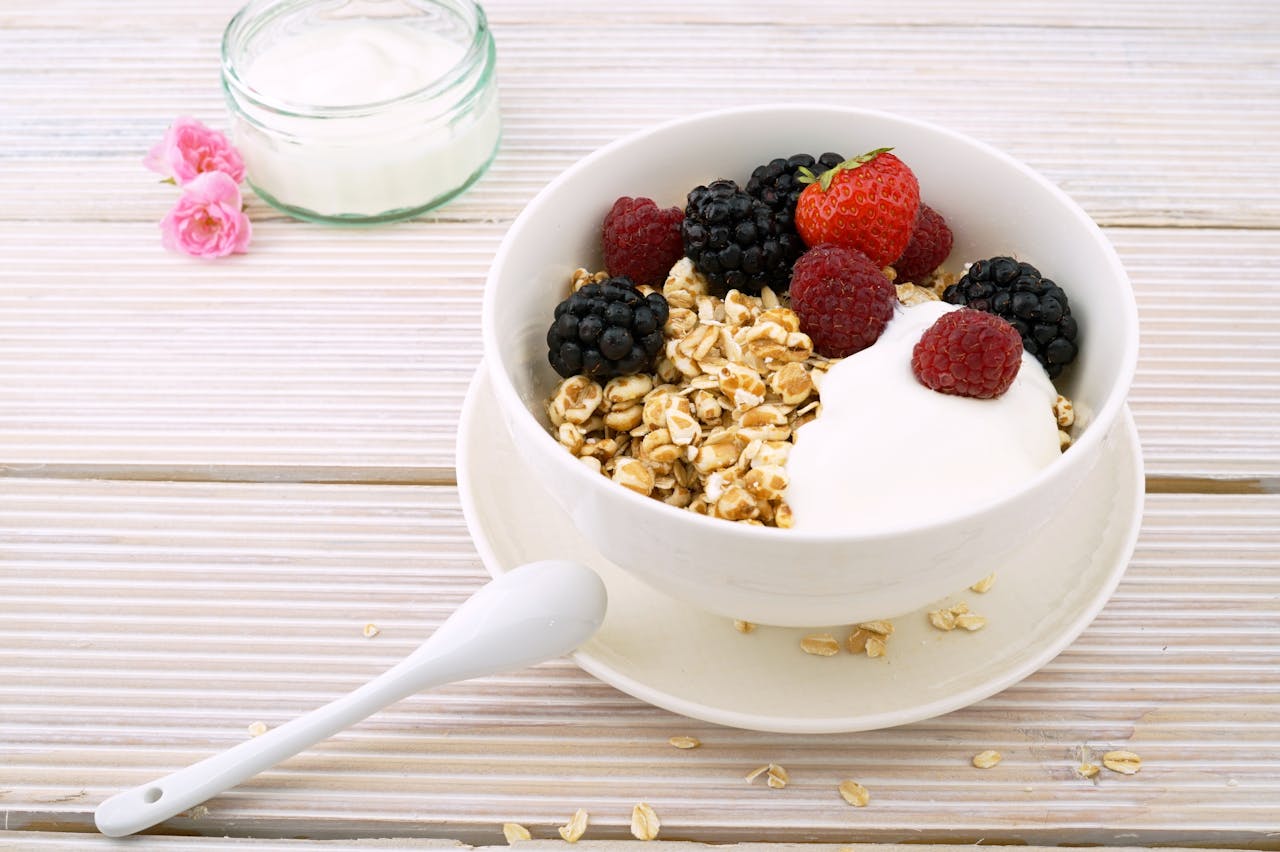Weight loss is a journey that many embark on for various reasons—health, aesthetics, or self-confidence. While regular exercise is often touted as a cornerstone of effective weight loss, there are several methods to shed pounds without hitting the gym. In this article, we will explore various strategies that can help you lose weight fast without exercise, emphasizing safe and sustainable practices.

Understanding Weight Loss
Before diving into the strategies, it’s crucial to understand the basics of weight loss. The foundation of losing weight lies in creating a calorie deficit, which means consuming fewer calories than your body expends. While physical activity can contribute to this deficit, it is not the sole method. Here, we will focus on dietary changes, lifestyle adjustments, and psychological strategies to help you lose weight effectively.
1. Revise Your Diet
a. Adopt a Calorie-Controlled Diet
One of the most effective ways to lose weight fast without exercise is to adjust your dietary habits. Start by calculating your total daily energy expenditure (TDEE) to understand how many calories you need to maintain your current weight. From there, aim for a calorie deficit of 500 to 1000 calories per day for safe and effective weight loss.
b. Focus on Whole Foods
Emphasizing whole, unprocessed foods can significantly impact your weight. Incorporate a variety of fruits, vegetables, whole grains, lean proteins, and healthy fats into your meals. These foods tend to be lower in calories and higher in nutrients, making them ideal for weight loss.
- Fruits and Vegetables: High in fiber and moisture content, fruits and vegetables fill you up without adding many calories. Consider foods like leafy greens, broccoli, berries, and apples.
- Lean Proteins: Foods like chicken breast, tofu, legumes, and fish can boost your metabolism and keep you satiated longer.
- Healthy Fats: Avocados, nuts, seeds, and olive oil can help you feel full and satisfied, reducing the urge to binge on unhealthy snacks.
c. Reduce Refined Carbohydrates and Sugars
Refined carbohydrates and added sugars are often linked to weight gain. These foods can lead to spikes in blood sugar, which may trigger hunger soon after consumption.
- Skillful Substitutions: Choose whole grains over refined versions (browns rice instead of white), and opt for fruits to satisfy your sweet tooth instead of sugary desserts.
d. Control Portion Sizes
Another essential tactic for controlling your caloric intake is managing portion sizes. Use smaller plates, measure servings, and practice mindful eating to ensure you are not consuming more calories than necessary.
2. Stay Hydrated
Drinking sufficient water is crucial for weight loss. Hydration is associated with improved metabolism and can help prevent overeating.
a. Water Before Meals
Drinking a glass of water before meals may help you feel fuller, leading to a natural reduction in calorie intake. Studies have shown that drinking water can increase feelings of fullness and reduce the number of calories consumed during meals.
b. Limit Sugary Drinks
While water is an excellent choice, sugary beverages can add empty calories that can sabotage your weight loss efforts. Replace sodas, juices, and energy drinks with water, herbal teas, or black coffee to reduce calorie consumption.
3. Consider Intermittent Fasting
Intermittent fasting has gained popularity for its potential to aid weight loss without the need for exercise. This eating pattern cycles between periods of fasting and eating and can promote a natural calorie deficit.
a. Methods of Intermittent Fasting
- 16/8 Method: Involves fasting for 16 hours and limiting eating to an 8-hour window each day.
- 5:2 Diet: In this method, you consume a regular diet five days a week and restrict calorie intake to 500-600 calories on two non-consecutive days.
b. Benefits
Many individuals find that intermittent fasting can simplify their meal planning and help them control their overall calorie intake. However, it is essential to choose whole, nutritious foods during eating periods to maximize benefits.
4. Improve Sleep Quality
Sleep plays a crucial role in weight management. Poor sleep quality can lead to hormonal imbalances that increase hunger and cravings, particularly for high-calorie foods.
a. Establish a Sleep Routine
Aim for 7-9 hours of quality sleep per night, and try to maintain a consistent sleep schedule. Create a relaxing pre-sleep routine to signal your body that it is time to wind down.
b. Limit Screen Time
Exposure to blue light from screens can interfere with sleep. Reduce screen time in the evening and consider using blue light filters on electronic devices.
5. Manage Stress
Chronic stress is often associated with weight gain, as it can trigger emotional eating and cravings for unhealthy foods.
a. Stress-Reduction Techniques
- Mindfulness and Meditation: Practice mindfulness techniques to reduce stress and anxiety. Meditation, yoga, and deep-breathing exercises can promote mental well-being and enhance your relationship with food.
- Hobbies and Interests: Engage in activities you enjoy to alleviate stress and keep your mind off food.
b. Seek Support
Connecting with friends, family, or a mental health professional can provide emotional support and help you develop healthier coping mechanisms.
6. Limit Snacking
Snacking can significantly increase daily caloric intake; therefore, modifying your snacking habits is crucial.
a. Smart Snacking Choices
If you must snack, opt for healthier choices such as fruits, vegetables, or nuts in moderation.
b. Set Snack Limits
Consider allocating specific times for snacking and avoid eating in front of screens, which can lead to mindless eating and over-consumption.
7. Utilize Behavior Change Techniques
Change is often challenging, and adopting new habits requires a strategic approach.
a. Set Realistic Goals
Establish attainable and specific goals that focus on behavior rather than weight. For instance, aim to cook at home more frequently or try a new healthy recipe each week.
b. Keep a Food Journal
Tracking what you eat can enhance awareness of your eating patterns, helping you identify unwanted habits. Record meals and snacks along with your feelings or hunger levels to pinpoint triggers for overeating.
Conclusion
Lose weight fast without exercise is entirely feasible with the right mindset, strategies, and dedication. By implementing dietary changes, improving your lifestyle, managing stress, and fostering positive habits, you can achieve your weight loss goals effectively and sustainably.
While exercise has numerous health benefits, remember that weight loss primarily results from the balance between calorie intake and expenditure. Focus on cultivating a healthy relationship with food and your body, and foster habits that promote long-term health and well-being. As you embark on this journey, be patient with yourself and recognize that lasting change takes time. Your dedication to a healthier lifestyle is the most crucial element of achieving your weight loss goals.


